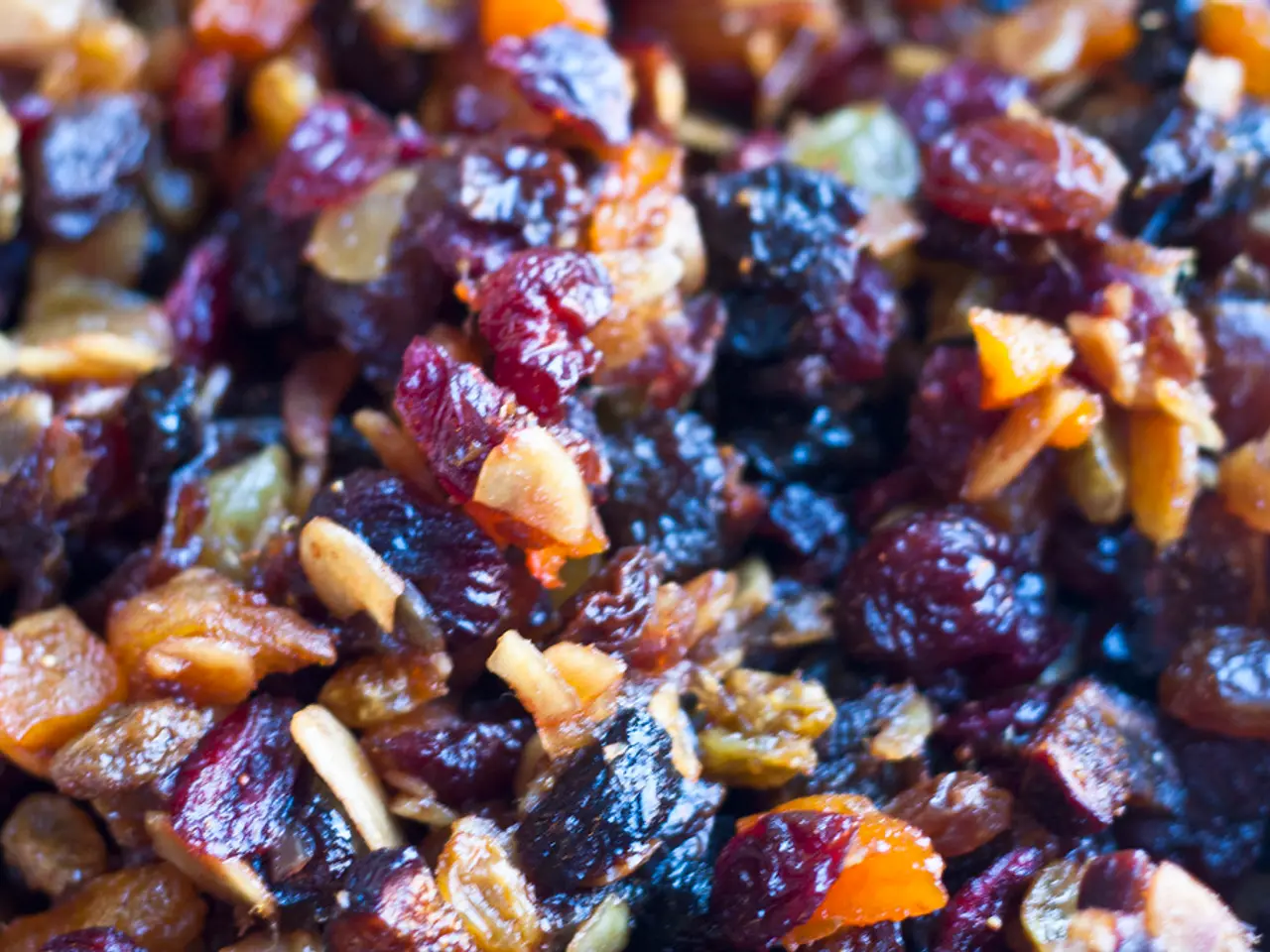Unadulterated, Naturally Pure Fats and Oils
In the world of cooking, traditional fats have made a comeback, offering a richer and more nutritious alternative to modern industrialized oils. These fats, such as grass-fed butter, clarified butter/ghee, virgin coconut oil, pastured lard, and bacon fat, among others, are prized for their superior heat stability, nutritional profiles, and flavor complexity.
Heat Stability
Animal fats like grass-fed tallow, pastured lard, clarified butter/ghee, and bacon fat have high smoke points and are more heat-stable during cooking. This reduces the risk of oxidative breakdown and formation of harmful compounds, making them ideal for frying and roasting. For example, tallow and ghee can withstand higher temperatures than butter or many vegetable oils.
Nutritional Benefits
These traditional fats contain fat-soluble vitamins (A, D, E, K2) and beneficial fatty acids. Grass-fed animal fats, including butter and tallow, are nutrient-dense due to vitamins and conjugated linoleic acid (CLA), known for immune and hormone support. Cod liver oil is rich in omega-3 fatty acids and vitamin A/D.
Flavor and Culinary Qualities
Traditional fats often add rich, savory flavors and textures prized in cooking. Virgin coconut oil and nut oils (walnut, pumpkin seed, sesame seed, hazelnut) impart distinct aromas and tastes while providing beneficial fats. Unrefined extra virgin olive oil and seed oils offer nutty notes, while grass-fed butter and clarified butter/ghee provide a buttery richness.
Less Refinement and Processing
These fats are minimally processed, preserving natural antioxidants and bioactive compounds, unlike many industrial oils which undergo heavy refining and may contain unstable polyunsaturated fats prone to oxidation and rancidity under heat.
Versatility
Extra virgin olive oil excels in low to medium heat cooking and raw applications due to its antioxidant content and heart-healthy monounsaturated fats. Meanwhile, clarified butter and animal fats suit high-heat uses, balancing nutritional integrity and cooking needs.
Availability
You can purchase grass-fed butter, grass-fed ghee, clarified butter, unrefined extra virgin coconut oil, and pastured lard in well-stocked grocery stores and health food stores, or online. Pasture-raised lard is not widely available and is best obtained from local ranchers or rendered at home. Raw milk producers and herd share operations offer raw butter to their customers and herd shareowners, but most do not. You can find local raw milk producers online or at farmer's markets.
In contrast, many industrial seed and vegetable oils are refined, have more polyunsaturated fats that oxidize easily when heated, and lack fat-soluble vitamins. This leads traditional fats to be favored for their combination of culinary performance, nutrient richness, and historical culinary use.
Some traditional fats also offer additional benefits. For instance, raw butter offers additional benefits of food enzymes and beneficial bacteria, but is difficult to find in the United States. High vitamin butter oil is a concentrated source of fat-soluble vitamins A, D, E, and K2, and includes added benefits like the Wulzen factor. However, cod liver oil and high vitamin butter oil are often processed in a way that damages omega-3 fatty acids and synthetic vitamins are added back in. Unfiltered and unrefined extra virgin olive oil is a challenge to find and may not be 100% olive oil due to unscrupulous practices.
The author's favorite fats for cooking include grass-fed butter, clarified butter & ghee, virgin coconut oil, pastured lard, and bacon fat. The author focuses on traditional foods in their kitchen, excluding any fat or oil that wouldn't have been available two-hundred years ago or produced through industrialized processes. Bacon fat, due to its smoky and unique flavor, is best left to dishes where that flavor becomes an attribute, such as lentil stews and bean soups. The author uses a variety of fats and oils, some exclusively for cooking and others as finishing oils. Cold-pressed nut and seed oils, such as walnut, pumpkin seed, sesame seed, and hazelnut oils, are high in omega-6 fatty acids and best used minimally as a finishing oil.
In summary, traditional fats offer a healthier and more flavorful alternative to modern industrialized oils. Their heat stability, nutritional benefits, rich flavors, and minimal processing make them a preferred choice for many modern cooks.
- Grass-fed tallow, pastured lard, clarified butter/ghee, and bacon fat, among others, are ideal for cooking due to their high smoke points and heat stability.
- Grass-fed animal fats, like butter and tallow, offer nutritional benefits with their fat-soluble vitamins and conjugated linoleic acid (CLA).
- Virgin coconut oil and nut oils, such as walnut, pumpkin seed, sesame seed, hazelnut, impart distinct aromas and tastes while providing healthy fats.
- Traditional fats like grass-fed butter, clarified butter/ghee, virgin coconut oil, pastured lard, and bacon fat are versatile, excelling in various culinary applications due to their heat stability and nutritional profiles.
- You can find these traditional fats in well-stocked grocery stores, health food stores, or online, while pasture-raised lard may be obtained from local ranchers or rendered at home.
- Industrial seed and vegetable oils, with their more polyunsaturated fats that oxidize easily when heated, lack fat-soluble vitamins and are less favored for their culinary performance and nutritional deficiencies.
- Embracing a health-and-wellness lifestyle that prioritizes real food and healthy cooking often involves favoring traditional fats over modern industrialized oils, particularly when cooking and dining at home or globally-inspired cuisines.




